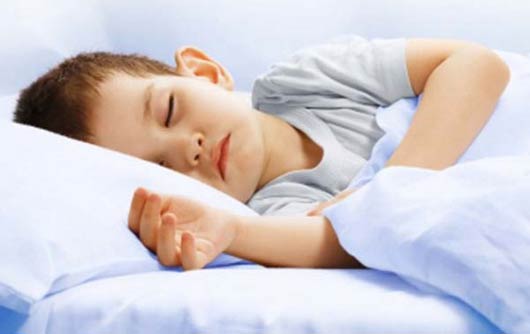Sometimes tension, stress or work are to blame for poor sleep, but cases of sleep disorders caused by climate changes are becoming more frequent. One of the consequences of the environmental changes experienced at the end of the last century and so far in the present, is the lengthening of the climatic seasons in certain regions of the world, which affects the cycle of nature and also affects the so-called clock. Biological of humans.A study carried out by the Catholic University of Chile concluded that if, as a result of the lengthening of the day, “people lose hours of sleep, this will result in chronic partial sleep deprivation or insufficient sleep syndrome, and this produces daytime sleepiness, attention span, memory and concentration, as well as irritability”.
One of the consequences of the environmental changes experienced at the end of the last century and so far in the present, is the lengthening of the climatic seasons in certain regions of the world, which affects the cycle of nature and also affects the so-called clock. Biological of humans.A study carried out by the Catholic University of Chile concluded that if, as a result of the lengthening of the day, “people lose hours of sleep, this will result in chronic partial sleep deprivation or insufficient sleep syndrome, and this produces daytime sleepiness, attention span, memory and concentration, as well as irritability”.
Changes in sleep hours
- And as if that were not enough, the greater amount of daylight blocks the secretion of melatonin, a substance that is usually produced at night, while sleeping. This hormone has a fundamental role in strengthening the immune system that protects us from diseases and prevents the appearance of tumors.
- Melatonin also has an antioxidant effect, promotes cell repair, and protects the cardiovascular system and the brain from fatal heart attacks.
- In the case of children, the risk of subtracting hours from night sleep is even greater because “the production of growth hormone that is released during sleep is affected,” explains the child and adolescent neurologist, Perl David, an academic from the aforementioned institution, essential for children to reach optimal height, protects their tissues and guarantees the development of neurons.
- Lastly, sleep disorders in children with learning deficits compromise behavior management since they “require a lot of discipline when sleeping. Like children with epilepsy, who suffer more relapses when the days are longer than usual,” says David.






